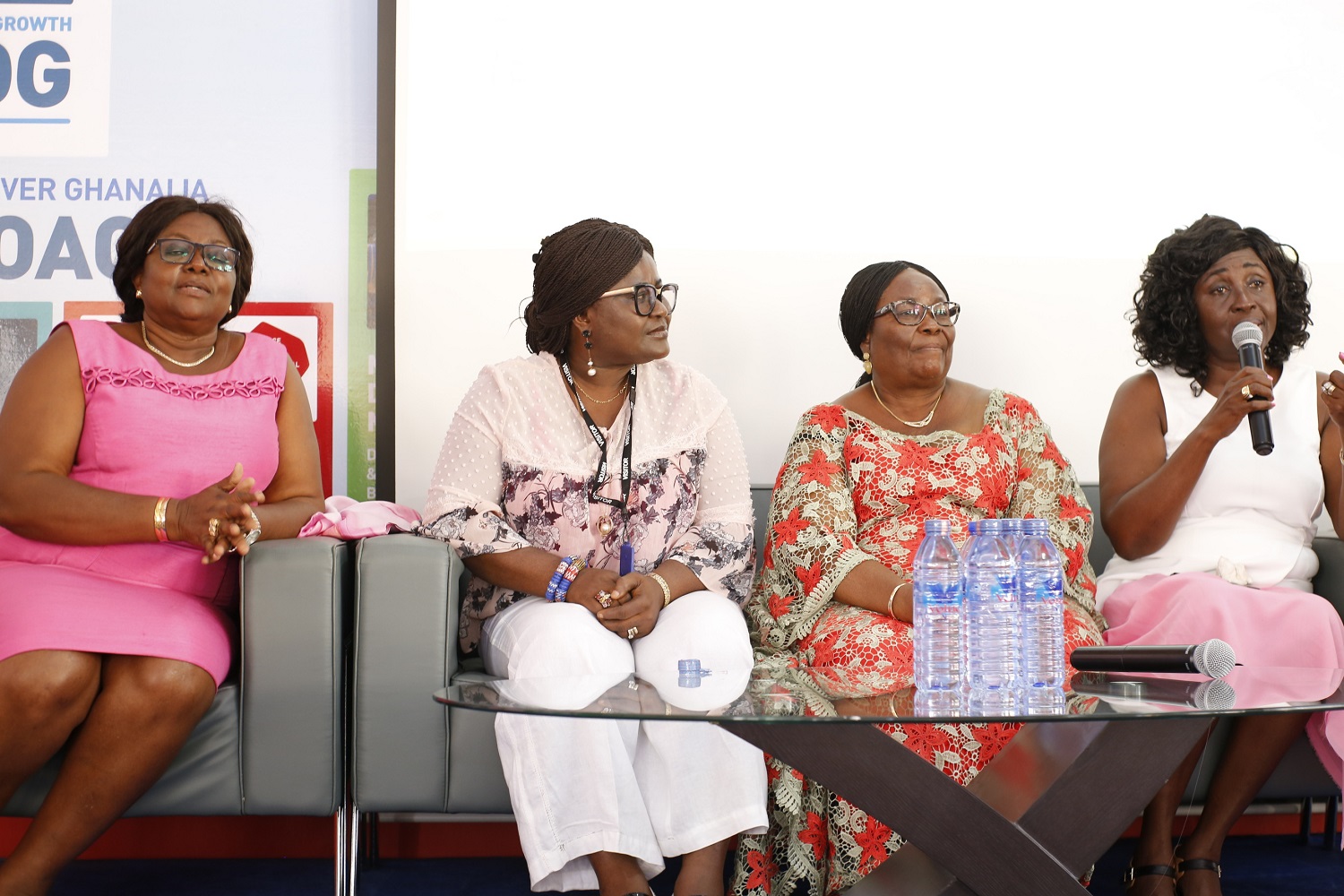
Today is International Womens’ Day.
Gender discussions have often dominated national and global conversations on days like this. The focus has always been about the socio-cultural and economic gap between men and women. And this is not out of place because even though we have made some respectable gains in bridging this gap, there are still challenges that women all over the world face.
This year’s International Womens’ Day (IWD) has the theme: PRESS FOR PROGRESS. It is a call for a concerted effort aimed at pushing today’s woman to break socio-economic and cultural barriers and reach for goals and aspirations that would not have been thought of in yesteryears. It is a call for a sustained “fight” towards the emancipation of women from the putative cultural issues still prevailing in most of our communities and are militating the progress of the girl-child. It is a call to stand up and do better for women.
I reckon that in this call, there are two important questions to ask; what is the level of progress made? What are the issues that need our attention if we are to make further progress? I attempt to provide some not-so-elaborate responses.
I am pleased to note that the status of women has advanced in some important respects in the past decade or two.
Thanks to concerted effort sparked by the declarations and protocols from the Fourth World Conference on Women in 1995, popularly known as the Beijing Conference, Africa and most parts of the marginalized World has made significant progress towards the enforcement of the fundamental human rights of women, integrating them in social, cultural, economic and political decision making and promoting equality and social protection for them.
Today, the human rights of women and the girl child are inalienable and indivisible parts of our national and universal values. We have all pushed the campaign through diverse efforts this far and the results are there for everyone to see.
Today, most of our schools have more women population than men. There are almost equal numbers of CEOs who are women to those who are men.
Today, we are almost unanimous in the call to take the woman away from the kitchen and put her in school. We have all come to understand that abusing women sexually, physically and objectifying them for the pleasure of men are all primitive and unacceptable.
There are staggering evidences of the progress we have made. And though we have traces of these bad practices around, 20 years or so is in my view, such a remarkably short period for us to have turned a largely cultural issue around and we must be proud about that.
Talking of the challenges, I have made an interesting observation.
Our biggest modern challenge in our attempt to press for the progress of women lies in the thinking of some men in this day. The issue is that, most men no longer actively engage in practices intended to marginalize women but a significant number of them still believe and think that there is justification in considering the woman as second fiddle to man. It is now purely a cognitive matter and this is the new barrier we must scale. Indeed as a result of education and our own sustained fight, most men have come to stop abusive practices against women but the question is do they believe and accept the new position that women have equal legal, economic, social rights as them? That is a question that you can best answer when you sample the arguments and opinions of some men on social media when they get involved in the gender debate.
Another issue that I have to ventilate on this occasion is the representation of women in the media. By this, I describe the various forms and ways by which women roles and position are depicted through our books, news coverage, movies, social media and all other forms of media. You hardly find positive values being reinforced by the characterisation and presentation of women in these media. Women do not play the boss, successful career roles. They are not covered in the arts and entertainment media especially, beyond their provocative dressing or figurely stature. You do not find a lot of young women posting about how they are developing themselves, the books they are reading, the latest conference they attended etc and it has always been about a “polio” pose with an inviting gesture and an exposure of the voluptuous. It is the images that these connotes that accounts largely for the stereotypes we continually put on women.
The media in all its forms are an enduring interface that cultivates our thoughts and heavily drives our perceptions. And much of the work on changing how we view women as a society can start from there; by the women themselves and by media actors.
These and many others are the issues that must engage our attention as we #PressforProgress
I celebrate all the hardworking and intelligent women who are striving to make a difference in their respective endeavours.
Women are indeed special. And we must celebrate them while having critical conversations about their development.
HAPPY WOMENS’ DAY.
© The writer, Jessica Naa Adoley Moffat is a third year student of the Ghana Institute of Journalism




